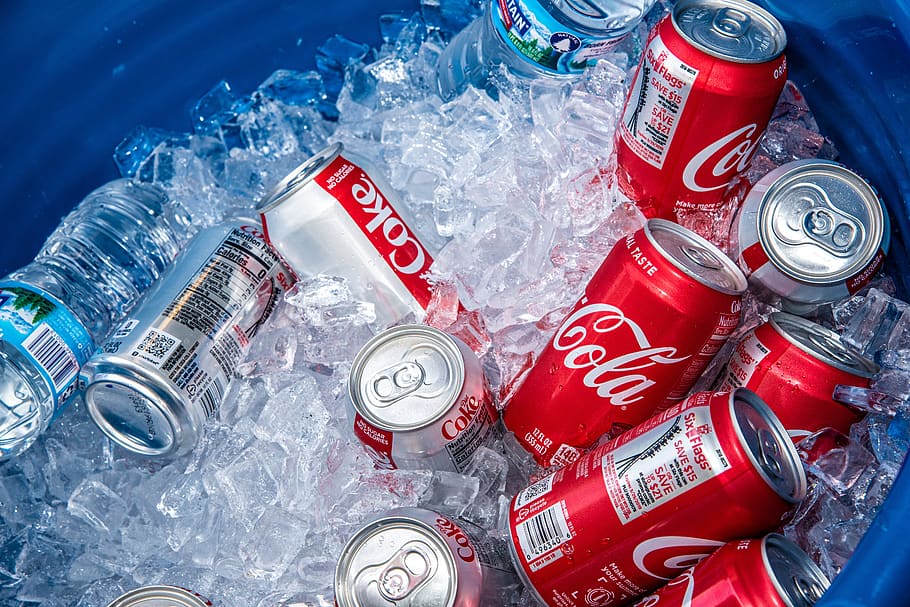Coca-Cola Beverages in South Africa, in 2017, voluntarily announced to the public that the company would stop selling sugary beverages in primary schools. Coca-Cola also vowed to remove all advertising and branding from schools. The announcement was released as a letter that noted that the company wanted to take up an active role in the rising cases of obesity in the country, especially among the youngsters.
Childhood obesity is both a growing and severe problem in the southern African nation. Over 13% of the total children population are considered to be either overweight or obese. The consumption of sugary beverages with excessive amounts of liquid sugar is particularly detrimental because the blood absorbs this sugar very fast. When a child has just one of these sugary beverages a day, they increase their chance of being obese by 55%. Once they become overweight teens, there’s a very high chance that they won’t be able to shed off that extra weight.
The food sold in and around the schools is usually what determines what a child will be eating throughout the day. Children are in school during most of their essential developmental periods. The kind of beverages and food they’re exposed to during this period helps largely influence their food preferences and eating patterns.
Tuck Shop Audit
Researchers studied the food scene in 105 primary schools in Gauteng Province, South Africa. They looked at schools in both the poor and the affluent areas. Field-workers visited food outlets and tuck shops in and around the schools. They talked to the schools at the schools to get an idea of the kind of food they could easily access. The study revealed that carbonated sugary beverages were available in more than 50% of the tuck shops in schools two years after the company’s pledge.


